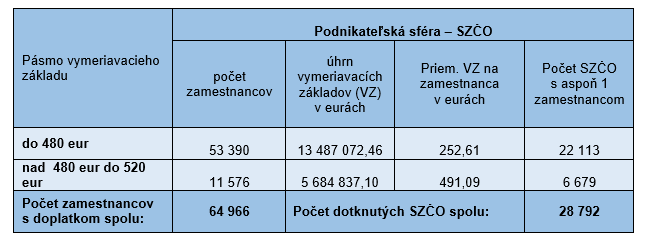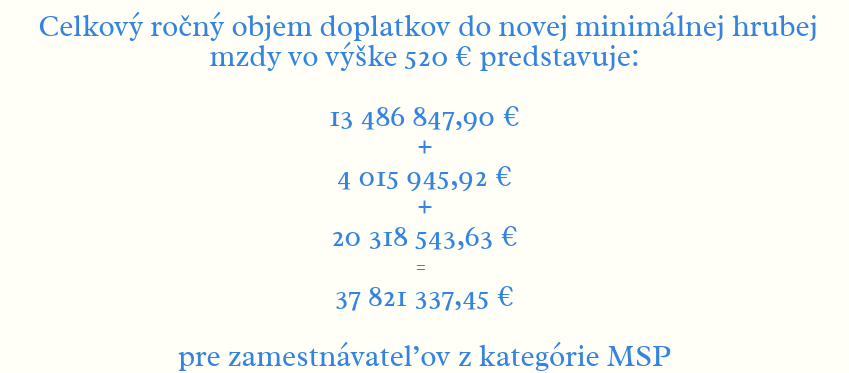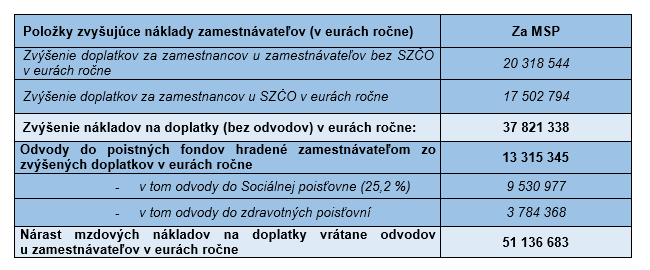If you decided to start a business in the field of healthcare services, you should have known that your business will be liable to strict standards, since the subject thereof is provision of services in the field of public interest – health of citizens. However, even if you succeed in obtaining the licence, it could still be not enough unless you have concluded a contract with an insurance company – otherwise your only option will be to collect direct payments from your patients. Not speaking of the fact that you as a provider are obliged to perform many duties even after obtaining the licence and concluding contracts with insurance companies. Specification of the duties can be found in a transparent handbook prepared for you in cooperation with the Business Sector Monitoring department.
Healthcare services in Slovakia are arranged in Act No. 578/2004 Coll. on Healthcare Providers, Healthcare Professionals, Professional Healthcare Organizations and on the Amendment and Supplementation of Certain Acts (hereinafter referred to as “Act on Healthcare Providers”). In principle, healthcare can be provided both by natural and legal persons in two ways, i.e. either
- by running one’s individual healthcare practice (only natural persons) or
- by running one’s own healthcare facility (natural and legal persons).

Individual healthcare practice
The individual healthcare practice may be performed by healthcare professionals in the following occupations:
- Physician and dentist
- Nurse
- Midwife
- Physiotherapist
- Curative pedagogue
- Speech therapist
- Psychologist
- Massage therapist
Conditions for obtaining the licence for running one’s individual healthcare practice
Running one’s own healthcare facility
The second option of providing healthcare services is to run a healthcare facility. Healthcare facilities may only be operated upon a licence to be issued for the following types of healthcare facilities:
- Outpatient healthcare – e.g. general and specialized outpatient departments such as surgery, orthopaedics, gastroenterology, but also acupuncture, consulting psychology, etc.
- Institutional healthcare – such as general and specialized hospitals, sanatoriums, hospices, spa treatment, etc.
- Pharmaceutical healthcare – activities of these facilities are arranged by a special regulation, Act No. 362/2011 Coll. on Medicinal Products and Medical Devices and on Amendment and Supplementation of Certain Acts.











































